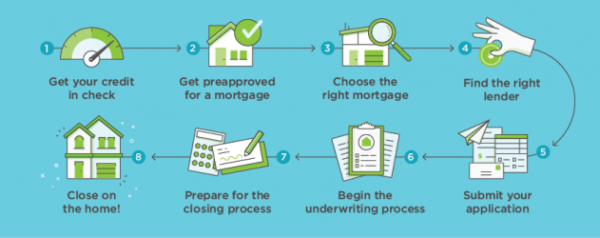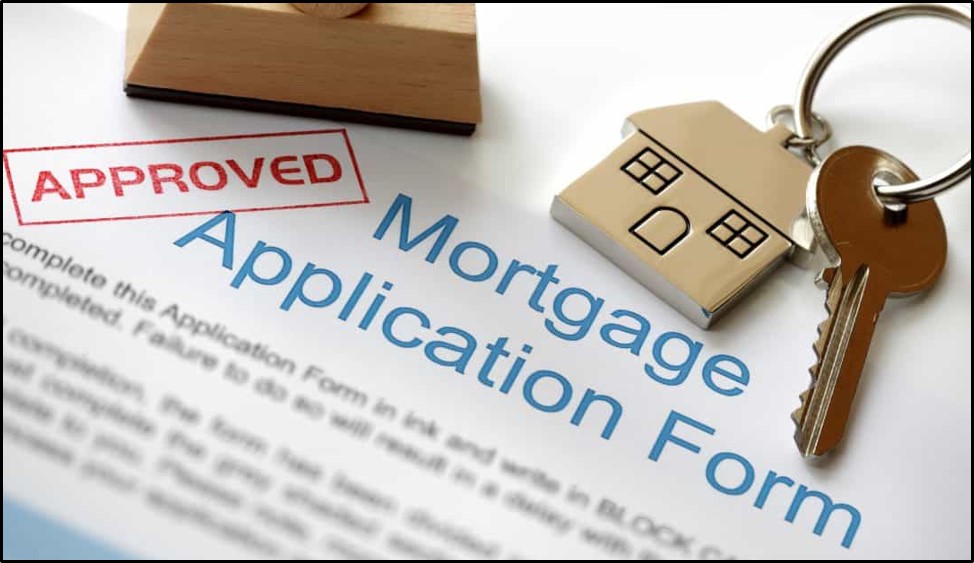Which loan is right for you? We can help you decide . . .
We can help you determine which mortgage loan is right for you based on your time horizon, risk tolerance and overall financial situation. Then work with lenders offering the following loans:
FHA Loans and Mortgages
An FHA loan is a mortgage loan that is insured by the Federal Housing Administration (FHA). Essentially, the federal government insures loans for FHA-approved lenders in order to reduce their risk of loss if a borrower defaults on their mortgage payments.
FHA 203k Loans:
The idea of buying a fixer-upper and turning it into your dream abode can seem so perfect — every nook and cranny just to your specifications! The reality, however, can be harsh when you realize how much it will cost to remodel.
FHA Streamline Refinance Program
The FHA Streamline Refinance program is a special refinance program for people who have a Federal Housing Administration (FHA) loan. It is the simplest and easiest way to refinance an FHA loan. Unlike a traditional refinance an FHA Streamline Refinance allows a borrower to refinance without having to verify their income and assets.
VA Loans
VA loans are home loans for the purchase of a primary residence available to consumers who have served or are presently serving in the U.S. military. While the Department of Veterans Affairs (VA) does not lend money for VA loans, it backs loans made by private lenders to veterans who qualify.
ARM Loans – 3, 5, 7 & 10 Year
An adjustable-rate mortgage, or ARM, has an introductory interest rate that lasts a set period of time and adjusts thereafter for the remaining time period up to a total of 30 years. After the set time period your interest rate will change and so will your monthly payment.
40- , 30-, 20-, 15- and 10-Year Fixed Mortgage
A fixed loan has a specific, fixed rate of interest that does not change during the course of the loan period. The borrower will be required to repay the principal and interest on the loan throughout the loan period.
Second Mortgages
A second mortgage — also referred to as a home equity loan or home equity line of credit — is just what it sounds like: another (second) mortgage on your home. Like with your original mortgage, your second mortgage is secured by your home, meaning that if you don’t pay the loan, the bank can take your home.
Zero Down Payment Loans
Buying a home and putting no money down to do it sounds appealing to many, but in reality it’s hard to get a zero down payment mortgage in this climate, as banks no longer offer them to most consumers. Hard, however, doesn’t mean impossible.
Interest-Only Loans
With a traditional mortgage, buyers pay some part of the principal and interest with every monthly payment. An interest-only mortgage loan works differently: Borrowers are allowed to pay only the interest on the loan for a fixed period of time — usually five to seven years — and then must begin paying off the principal.
Home Equity Loans
With a home equity loan — also known as a second mortgage, term loan or equity loan — a mortgage lender lets a homeowner borrow money against the equity in his home.
No-Closing Cost Refinance
The lure of refinancing right now is powerful with interest rates hovering near historic lows. But there is a potential downside to refinancing: The cost, as closing costs on a refinance typically run about $4,000.
What Is a Cash-Out Refinance?
A cash-out refinance is a refinancing of an existing mortgage loan, where the new mortgage loan is for a larger amount than the existing mortgage loan, and you (the borrower) get the difference between the two loans in cash.
VA IRRRL Refinance Loans
The U.S. Department of Veterans Affairs’ Interest Rate Reduction Refinance Loan (IRRRL) helps homeowners refinance their existing VA loans to a lower interest rate loan or to a fixed-rate loan (from an adjustable-rate loan). The goal of the program is to help lower homeowners’ monthly payments or make payments more predictable by fixing the interest rate. Here’s what you need to know about VA IRRRL refinance loans.
Land Loans
Land loans come in all shapes and sizes and are unique compared to existing home loans. The purpose and current use of the land can dictate the terms of the loan.
Construction Loans
Construction loans are short-term loans that enable the construction of a project to completion. Upon completion, the permanent loan or “end financing” will be used to pay off the interim construction loan. The term on a construction loan is short duration of 6 months to a year.
FHA Loans vs. Conventional Loans
It may not always seem clear whether to apply for a FHA loan or conventional loan. FHA loans have typically been known as loans for first-time homebuyers, filled with extra paperwork and complexity since it’s a government-insured program. But borrowers can use multiple FHA loans for purchasing or refinancing a home loan. However, FHA loans may not be used for second homes or investment properties.
Home Improvement Loans
Homeowners can apply for home improvement loans for a variety of reasons, including remodeling, updating or making repairs to their home. Loans can be issued for anything as simple as a roof repair, an update to an energy-efficient furnace or a new addition.
Physician Loans
Physician loans, also referred to as doctor loans, present a unique set of circumstances for lenders because new doctors do not have any work history and usually have a significant amount of student loan debt. This situation will typically prevent physicians from getting approved on any conforming conventional products, so many banks have developed special portfolio products to originate and service these types of loans. Along with taking a risk to accommodate these borrowers, there also comes reward. Below are a few reasons why banks have developed physician loans.






